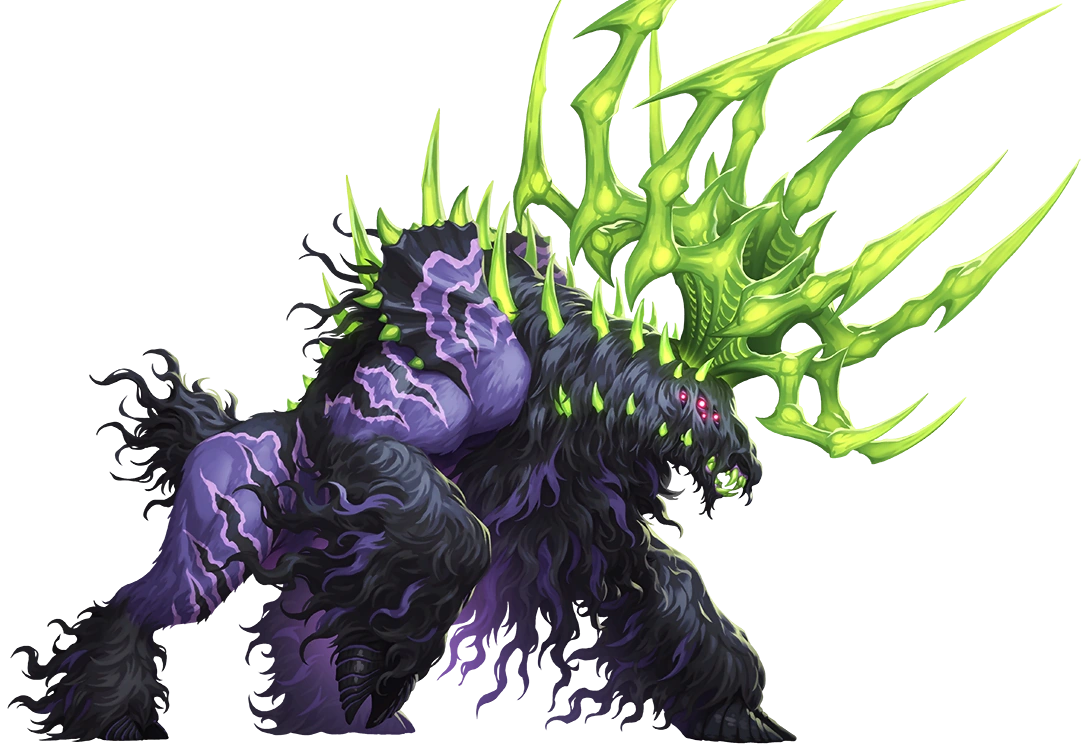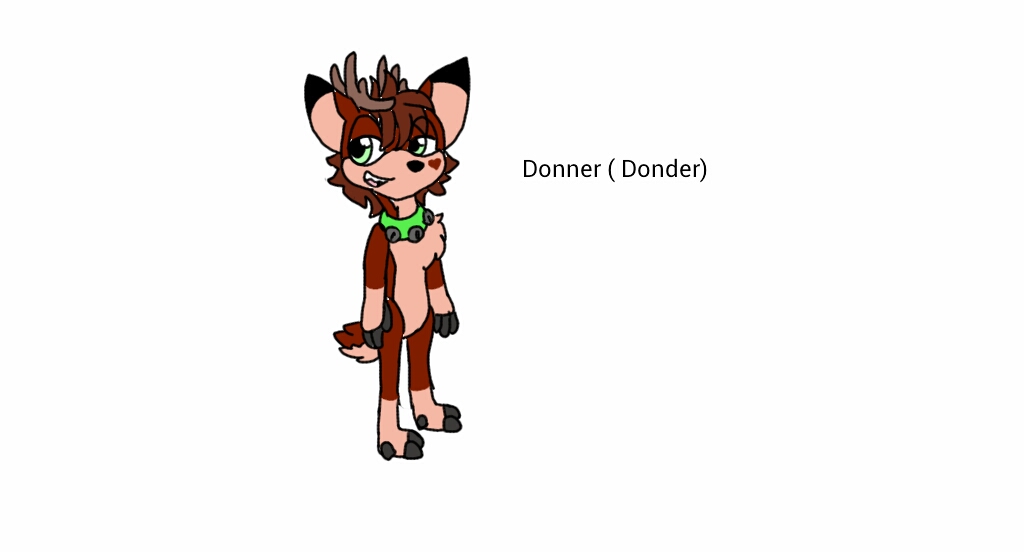Donner or Donder – two terms that might sound similar but carry distinct meanings and relevance. Whether you're exploring linguistic nuances or delving into cultural references, understanding these terms can enrich your knowledge. In this comprehensive guide, we’ll break down the differences, origins, and significance of Donner and Donder.
When it comes to words that sound alike, confusion is inevitable. However, Donner and Donder are not just random terms; they have historical, cultural, and even mythological significance. Whether you're a language enthusiast, a history buff, or simply curious, this article will provide you with a detailed exploration of both terms.
Our aim is to deliver a well-researched and insightful analysis of Donner and Donder. By the end of this article, you’ll have a clear understanding of their meanings, origins, and how they relate to broader contexts such as mythology, culture, and modern usage. Let's dive in!
Read also:Joana Pak A Rising Star In The Entertainment Industry
Table of Contents:
- Origins of Donner and Donder
- What Does Donner Mean?
- What Does Donder Mean?
- Cultural Relevance of Donner and Donder
- Donner and Donder in Mythology
- Linguistic Differences Between Donner and Donder
- Modern Usage of Donner and Donder
- Frequently Asked Questions
- Comparison Between Donner and Donder
- Conclusion
Origins of Donner and Donder
Before we delve into the meanings of Donner and Donder, it’s essential to understand their origins. Both terms have deep roots in history and language, making them intriguing subjects for exploration.
Historical Context
Donner, originating from the German word "Donner," translates to "thunder" in English. It has been used in various contexts, including mythology and everyday language. On the other hand, Donder, though less commonly used, is a variant of Donner and is often seen in older texts or specific dialects.
Key Points:
- Donner is a widely recognized term in the German language.
- Donder is a less common variant, often found in older literature or dialects.
What Does Donner Mean?
Donner is a German word that directly translates to "thunder." It is commonly associated with natural phenomena and has been used in various cultural and mythological contexts.
Etymology
The word Donner is derived from the Proto-Germanic word "thunraz," which means thunder. Over time, it evolved into the modern German word we know today. Its usage extends beyond just describing thunder; it also appears in names, titles, and even in popular culture.
Read also:Jocqui Smollett The Rise Of A Multifaceted Talent
For instance, "Donnerstag" (Thursday) in German is named after Thor, the Norse god of thunder, reflecting the term's mythological significance.
What Does Donder Mean?
Donder, while similar in sound to Donner, is less commonly used and often appears in older texts or specific dialects. It retains its association with thunder but may carry different connotations depending on the context.
Usage in Literature
In some older English texts, Donder is used as an archaic form of thunder. It can be found in works from the Middle Ages, where it was employed to evoke a sense of grandeur or power. Despite its rarity in modern usage, Donder still holds historical significance.
Cultural Relevance of Donner and Donder
Both Donner and Donder have cultural significance that extends beyond their linguistic roots. They are often referenced in literature, art, and even popular culture.
Donner in Popular Culture
One of the most notable references to Donner is in the classic holiday song "Rudolph the Red-Nosed Reindeer." Donner is one of Santa's reindeer, symbolizing strength and reliability. This cultural reference has made Donner a household name during the holiday season.
Did You Know?
- Donner's name in the original poem was "Dunder," which was later changed to Donner.
Donner and Donder in Mythology
Mythology plays a significant role in the significance of Donner and Donder. Both terms are deeply connected to thunder gods and deities across various cultures.
Thor and Donner
In Norse mythology, Thor is the god of thunder, and his name is often associated with Donner. The term "Donnerstag" (Thursday) is a tribute to Thor, highlighting the cultural and mythological importance of thunder in Germanic traditions.
Interesting Fact: Thor's hammer, Mjolnir, is a symbol of power and protection, often depicted in art and literature.
Linguistic Differences Between Donner and Donder
While Donner and Donder share similarities in sound and meaning, there are distinct linguistic differences between the two. Understanding these differences can provide deeper insight into their usage and significance.
Regional Variations
Donner is predominantly used in German-speaking regions, while Donder is more commonly found in older English texts or specific dialects. These regional variations highlight the evolution of language over time and the influence of cultural exchanges.
Comparison:
- Donner: Modern German, widely recognized.
- Donder: Older English, less commonly used.
Modern Usage of Donner and Donder
In contemporary times, Donner is more frequently used than Donder. It appears in various contexts, from everyday language to popular culture. However, Donder still holds a place in historical and literary contexts.
Examples in Modern Media
Donner's presence in modern media is evident in films, TV shows, and literature. For instance, the character "Donner" in the Netflix series "The Witcher" draws inspiration from the term's mythological roots. Meanwhile, Donder's usage is more limited, often confined to historical reenactments or academic discussions.
Frequently Asked Questions
What is the difference between Donner and Donder?
Donner is a modern German word for thunder, while Donder is an older English variant. Both terms share similar meanings but differ in usage and cultural relevance.
Where does the word Donner come from?
Donner originates from the Proto-Germanic word "thunraz," which means thunder. It has evolved over time to become a widely recognized term in the German language.
Why is Donner associated with Thor?
Thor, the Norse god of thunder, is closely linked to Donner through the term "Donnerstag" (Thursday), which honors him. This connection highlights the cultural and mythological significance of thunder in Germanic traditions.
Comparison Between Donner and Donder
While Donner and Donder may seem interchangeable, they have distinct characteristics that set them apart. Below is a comparison of their key features:
| Feature | Donner | Donder |
|---|---|---|
| Language | German | Old English |
| Meaning | Thunder | Thunder (archaic) |
| Usage | Modern, widely recognized | Historical, less common |
| Cultural Relevance | Mythology, popular culture | Historical texts, literature |
Conclusion
In conclusion, Donner and Donder are two terms that, despite their similarities, carry distinct meanings and cultural significance. From their linguistic origins to their roles in mythology and modern usage, these terms offer a fascinating glimpse into the evolution of language and culture.
We encourage you to explore further and deepen your understanding of Donner and Donder. Whether you're a language enthusiast, a history lover, or simply curious, there's always more to discover. Don't forget to share your thoughts in the comments below or explore other articles on our site for more insightful content!


/animal-animal-photography-antler-6823721-5c50efea46e0fb0001dde219.jpg)